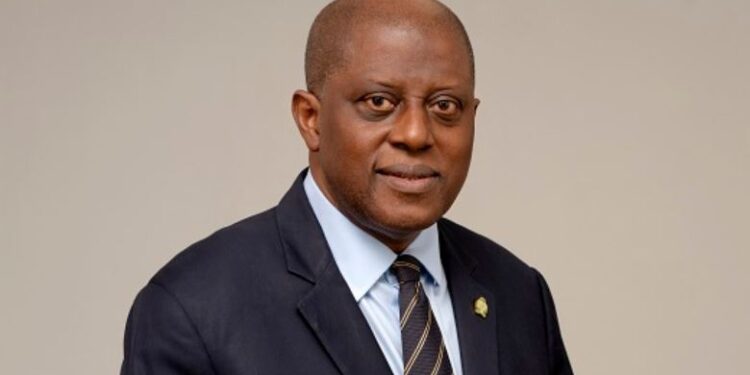The recent decision by the Central Bank of Nigeria (CBN) to increase the Monetary Policy Rate (MPR) to 27.50% has drawn sharp reactions from labor unions and the Organised Private Sector (OPS), both warning of potential inflationary pressures and further depreciation of the naira.
Speaking after the 298th Monetary Policy Committee meeting in Abuja, CBN Governor Olayemi Cardoso stated that the 25-basis-point hike from 27.25% is part of efforts to tackle inflation, which stood at 33.87% in October 2024. Cardoso projected the impact of current monetary policies to become evident by the first quarter of 2025.
Labour Movement’s Concerns:
The Nigeria Labour Congress (NLC) criticized the MPR hike, predicting higher borrowing costs for manufacturers and businesses already grappling with elevated production expenses.
An NLC official highlighted that Nigeria’s inflation is primarily cost-driven, influenced by high energy costs and exchange rate instability, rather than excessive money supply.
“Raising the MPR amplifies financing costs, risks making goods unaffordable, and reduces investments, ultimately threatening jobs and economic stability,” the official stated.
The NLC also emphasized the need for structural reforms, such as cheaper energy, stable exchange rates, and accessible credit, to tackle the root causes of inflation effectively.
Private Sector Warnings:
The Chief Executive Officer of the Centre for the Promotion of Private Enterprise (CPPE), Dr. Muda Yusuf, expressed concerns over declining growth in critical sectors such as agriculture, manufacturing, and real estate.
“While financial services grew by 32%, key sectors like agriculture and manufacturing recorded negligible growth. Further monetary tightening risks worsening the struggles of these sectors,” Yusuf warned.
He urged the CBN to adopt a coordinated fiscal and monetary strategy to stimulate economic growth and address structural challenges while ensuring the real sector receives necessary support.
Impact on Businesses:
Dr. Femi Egbesola, President of the Association of Small Business Owners of Nigeria, warned that the increased cost of borrowing could lead to a rise in non-performing loans, defaults, and eventual closures of small businesses.
“Higher rates are shrinking the economy, raising inflation, and reducing consumer spending. This threatens the profitability of businesses and may result in significant job losses,” he said.
Egbesola called for fiscal policies to complement monetary measures, emphasizing support for Micro, Small, and Medium Enterprises (MSMEs), which account for 96% of businesses and over 80% of employment in Nigeria.
Economic Outlook:
The labor and business sectors agree that inflation control should be balanced with economic growth. Stakeholders urged the CBN to collaborate with fiscal policymakers and consider alternative approaches to addressing inflation without stifling productivity and employment.
Cardoso reiterated the CBN’s commitment to stabilizing the economy, maintaining other monetary policy parameters such as the Cash Reserve Ratio (CRR) and liquidity ratio, while addressing concerns over inflationary pressures in the long term.
























